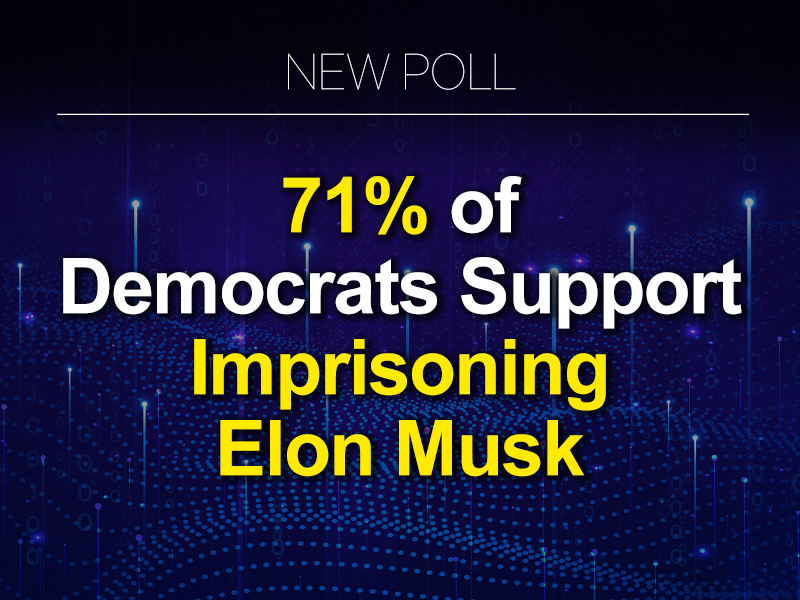At the urging of President Barack Obama, Federal Communication Commission chairman Tom Wheeler and Democrats on the commission have placed the entire Internet under the control of the FCC.
The FCC commissioners voted on February 26 to regulate Internet service providers (ISPs) as utility companies under the authority of Title II of the Communications Act of 1934.
‘Solution in Search of a Problem’
FCC Commissioner Ajit Pai said Wheeler’s 332-page plan to regulate Internet networks under Title II is a “solution in search of a problem.”
“There is no systemic problem to solve,” Pai told Budget & Tax News. “Even the FCC implicitly concedes that in this document, or we would have seen that somewhere in these 332 pages.
“This proposal to regulate the Internet, which the FCC is poised to adopt, asserts jurisdiction over basically the entire Internet,… everything from the relationship between an ISP and a customer, all the way between big companies that interconnect over the Internet, hundreds of miles away from any given customer,” Pai added.
Life in the Fast Lane
Net-neutrality activists have been pushing for the new regulations for years, notes Steven Titch, a telecommunications policy advisor for The Heartland Institute, which publishes Budget & Tax News.
“The big debate over net neutrality is about prioritization and paid prioritization,” Titch said.
“The best example of paid prioritization is the idea of a ‘fast lane’ where Netflix can pay Verizon to have its video delivered faster—or with more error protection or correction, or with less latency—than another, smaller video provider,” he said. “The thing is, though, this already happens. It’s not as if this isn’t happening now. Netflix uses a content-delivery service that does exactly that, and it’s necessary.
“An e-mail can take a while to get to its destination, and when it does, the packets don’t necessarily have to be assembled in order,” Titch explained. “Video’s another thing entirely. It’s a huge amount of data, and it has to be delivered on time and in order, or else you get those digital dropouts and that fuzziness that you sometimes see.”
“This, paying for additional protocols and data management and error correction, somehow offends groups of activists, and I don’t know why,” he said.
Pai: Too Much Regulation Already
Instead of adding more regulations on the telecom industry, Pai says removing outdated regulations and returning more radio spectrum bandwidth would improve people’s online experience.
“Getting rid of some of these legacy regulations that stand in the way of deploying infrastructure, making sure we get more spectrum out there for mobile broadband—those are things that would actually solve the problems that people really have,” he said. “Instead, we’ve gone down this rabbit hole that won’t create anything for anyone, other than the trial lawyers and those people who want regulation for its own sake.”
Jesse Hathaway ([email protected]) is managing editor of Budget & Tax News.
Internet Info:
“Antecedents to Net Neutrality,” Bruce M. Owen, Cato Institute, http://www.heartland.org/policy-documents/antecedents-net-neutrality/





